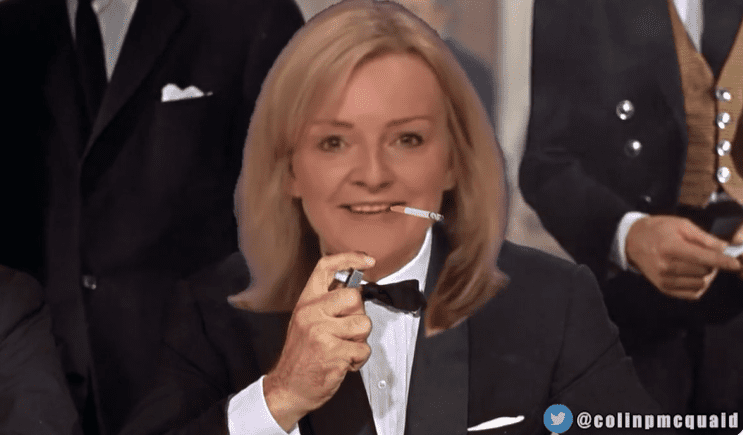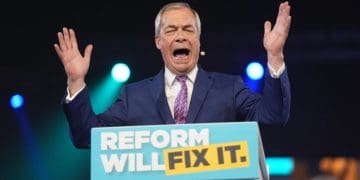Two years after her controversial mini-Budget sent shockwaves through the financial markets and led to her swift downfall, former Prime Minister Liz Truss has resurfaced to defend her economic plan.
In a bold move, Truss took to social media today to argue that her £45bn of unfunded tax cuts, which caused market turmoil and led to her becoming the shortest-serving PM in British history, would have actually improved the UK’s economy.
In a post on X (formerly Twitter), Truss wrote, “Two years on. The British economy would be in much better shape if the mini-Budget had been implemented.” The message was accompanied by a three-and-a-half-minute video in which she elaborated on her views, filmed from a study.
Truss blamed the failure of her mini-Budget on what she described as the “economic establishment,” claiming that their interference prevented her policies from being fully realised. She argued that had her plans not been “undermined,” the UK would now have “lower energy bills,” more fracking, and a more attractive corporate environment thanks to lower tax rates.
“We would see a more dynamic, go-getting economy,” she stated in the video. Truss went on to warn that “things will only get worse under Labour,” accusing the current government of causing an “economic doom loop” and taking “economic pain out on pensioners” at a time when energy prices remain high.
However, many are quick to recall the disastrous fallout from Truss’s mini-Budget. The policies she proposed—most notably the £45bn in unfunded tax cuts—triggered a massive loss of confidence in the UK’s financial stability. Pension funds were left on the brink of collapse, prompting the Bank of England to step in with emergency measures. Mortgage rates surged, causing significant financial strain for many homeowners.
Truss’s claim that her policies would have led to lower energy bills also raised eyebrows, as her mini-Budget had left the country in economic disarray. Many critics point out that her government’s mismanagement during her brief tenure caused lasting damage to the UK’s financial reputation on the world stage.
Labour’s shadow chancellor Rachel Reeves seized the opportunity to highlight the negative impact of Truss’s policies. Speaking at the Labour conference, Reeves reflected on the two-year anniversary of the mini-Budget, telling BBC Breakfast: “It is two years since Liz Truss’s mini-Budget that damaged the economy, sent mortgage rates spiralling, pensions in peril, and undermined our reputation on the world stage.”
Despite Truss’s attempt to reframe her mini-Budget as a missed opportunity for economic growth, her brief and chaotic time as Prime Minister is widely remembered as one of the most damaging moments for the UK’s financial stability in recent history.
You may also like: Mick Lynch mocks Keir Starmer over freebies scandal at Labour conference







